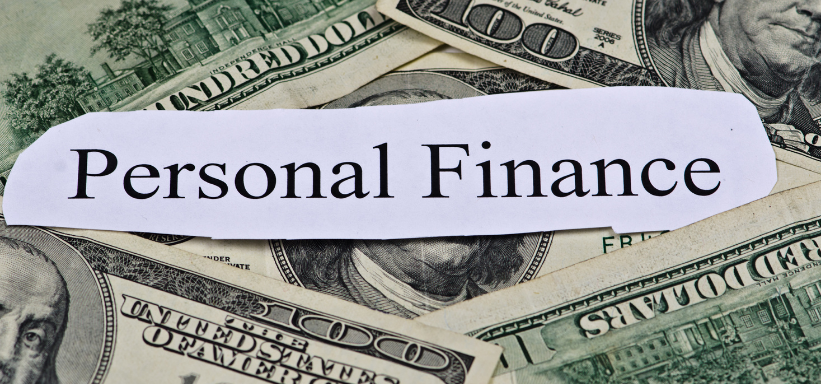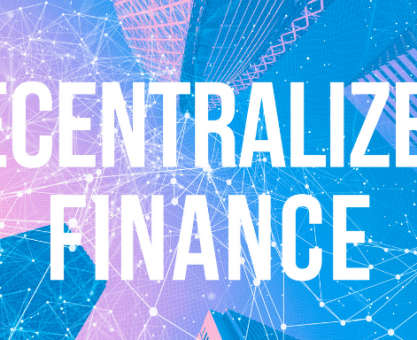Executive Summary
-
Smart contracts are transforming personal finance by automating transactions and minimizing intermediary costs.
-
They provide enhanced security and transparency, reducing the risk of fraud.
-
The adoption of smart contracts in personal finance is expected to grow, offering new opportunities for individuals to manage their finances more efficiently.
-
Challenges include regulatory uncertainty and the need for robust technological infrastructure.
-
Practical steps and expert insights provide guidance on integrating smart contracts into personal finance strategies.
Introduction
In today’s rapidly evolving financial landscape, individuals are increasingly seeking efficient, secure, and cost-effective ways to manage their personal finance. Enter smart contracts—self-executing contracts with the terms of the agreement directly written into code. With their potential to automate and streamline financial transactions, smart contracts are poised to revolutionize personal finance. This article explores the transformative role of smart contracts, the benefits they offer, the challenges they present, and how they can be effectively integrated into personal finance strategies.
Definitions / Context
What are Smart Contracts
Smart contracts are programs that automatically execute, control, or document legally relevant events and actions according to the terms of a contract or an agreement. They are typically stored and replicated on a blockchain and are tamper-proof once deployed.
Understanding Personal Finance
Personal finance involves managing individual financial activities, including budgeting, saving, investing, and planning for retirement. The integration of smart contracts into this domain promises to simplify and secure these activities.
Benefits / Pros
-
Automation: Smart contracts automate transactions and agreements, eliminating the need for intermediaries such as banks or brokers.
-
Cost Efficiency: By reducing the reliance on intermediaries, smart contracts lower transaction costs.
-
Enhanced Security: Built on blockchain technology, smart contracts offer a high level of security and reduce the risk of fraud.
-
Transparency: All parties involved have access to the terms and execution of the contract, ensuring transparency and trust.
-
Speed: Transactions are executed automatically, resulting in faster processing times.
Risks / Cons / Challenges
-
Regulatory Uncertainty: The legal status of smart contracts remains unclear in many jurisdictions, posing a challenge for widespread adoption.
-
Technical Complexity: Implementing smart contracts requires technical expertise and robust IT infrastructure.
-
Irreversibility: Once deployed, smart contracts are immutable, making it difficult to correct errors or make changes.
How to Integrate Smart Contracts in Personal Finance
-
Identify Suitable Use Cases: Assess which personal finance activities could benefit from automation and security enhancements.
-
Choose the Right Platform: Select a blockchain platform that supports smart contracts, such as Ethereum.
-
Develop the Smart Contract: Collaborate with developers to write and test the smart contract code.
-
Deploy and Monitor: Launch the smart contract on the blockchain and monitor its execution to ensure it functions as intended.
A peer-to-peer lending platform integrated smart contracts to automate loan agreements between borrowers and lenders. By doing so, the platform reduced transaction costs, minimized default risks through automatic repayments, and enhanced transparency for all parties involved.
— Automating Peer-to-Peer Lending
Expert Tips / Strategic Insights
-
Adopt a Hybrid Approach: Combine traditional financial services with smart contracts to leverage the best of both worlds.
-
Stay Informed: Keep abreast of regulatory developments to ensure compliance and maximize the benefits of smart contracts.
-
Educate Users: Provide resources and training to help users understand and trust smart contract technology.
Tools / Resources / Calculators
-
Smart Contract Development Platforms: Ethereum, Hyperledger Fabric
-
Blockchain Explorer Tools: Etherscan for monitoring smart contract transactions
-
Educational Resources: Online courses on platforms like Coursera and Udemy
Conclusion
Smart contracts are set to revolutionize personal finance by offering automation, security, and efficiency. Despite challenges such as regulatory uncertainty and technical complexity, their potential to transform financial transactions is undeniable. As individuals and businesses continue to explore this innovative technology, the future of personal finance looks promising.























